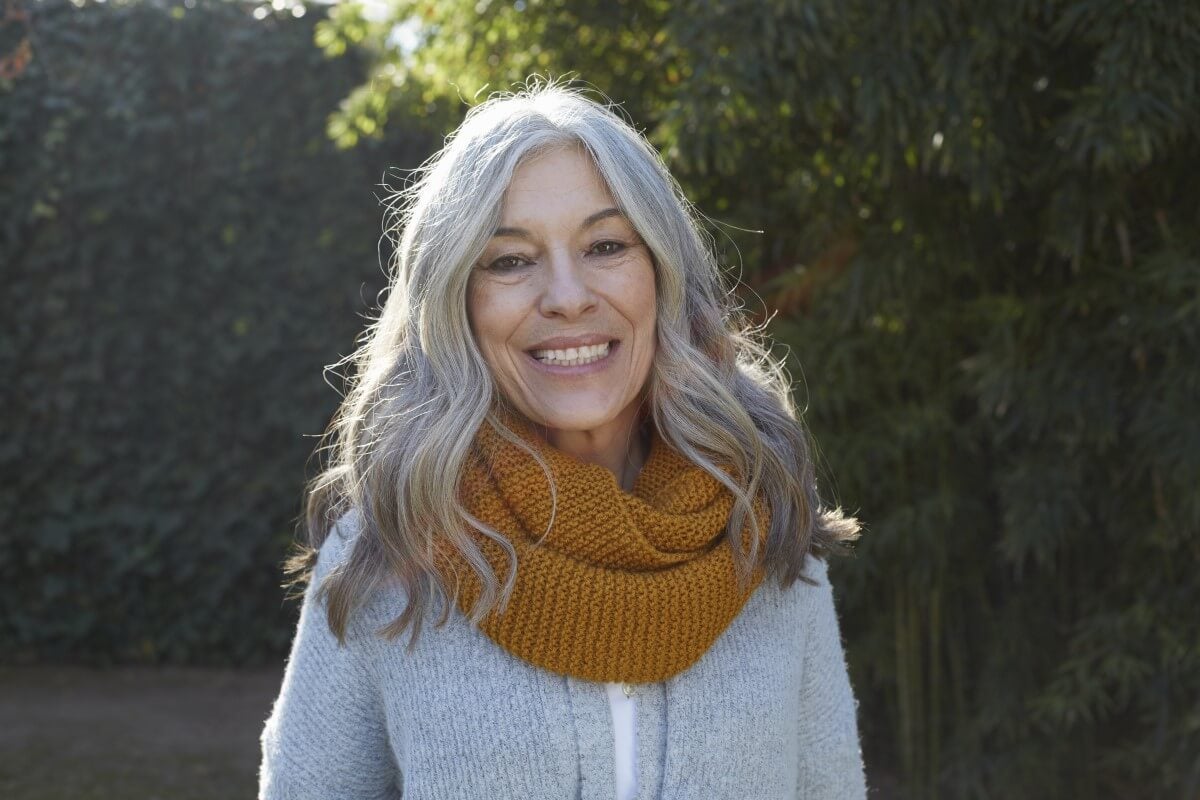The best way to treat breast cancer is to find it early and get the best available care quickly. And the most reliable way to find breast cancer early is to get regular health screenings, including annual mammograms, as recommended by a health care provider.
Since October is Breast Cancer Awareness Month, we wanted to share the American Cancer Society’s (ACS) latest screening guidelines with you so you’ll be sure to get the testing you need to detect breast cancer early, when it’s most treatable.
Types of breast cancer screenings
There are several types of breast cancer screenings, and the one that’s right for your breast health maintenance depends on factors like your age, breast tissue type, and personal and family history.
Breast self-exam and clinical breast exam
The most accessible form of breast cancer screening is a breast exam performed by you (a breast self-exam) or your health care provider (a clinical breast exam). These simple exams are for detecting any changes in the look and feel of your breasts and checking for symptoms (such as a lump). If you notice any changes, report them to your provider right away.
Mammograms
Mammograms are low-dose x-rays of the breast. They can often find breast changes that could be cancer years before physical symptoms develop. Results from many decades of research clearly show that women who have regular mammograms are more likely to have breast cancer found early, are less likely to need aggressive treatment like chemotherapy or surgery to remove the breast, and are more likely to be cured.
3D Mammograms
In recent years, a newer type of mammogram called a digital breast tomosynthesis, or 3D mammogram, has become much more common. Studies have found that 3D mammography appears to find more breast cancers, and several studies have shown it can be helpful in women with more dense breasts.
Breast MRI
Breast MRI is an additional screening tool for women who have a high risk of breast cancer due to genetics or family history. It uses a magnet, radio waves, and a computer to make a series of detailed pictures of the breast. An MRI is more likely than a mammogram to find a breast mass that’s not cancer, but it does provide higher rates of breast cancer detection in women with dense breast tissue.
Screening recommendations for women at average risk
For screening purposes, a woman is considered to be at average risk if she doesn’t have a personal history of breast cancer, a strong family history of breast cancer, or a genetic mutation known to increase the risk of breast cancer (a BRCA gene, for example), and has not had chest radiation therapy before the age of 30.
If you’re considered at average risk, the American Cancer Society make these age-based recommendations:
- Women between 40 and 44 have the option to start screening with a mammogram every year.
- Women 45 to 54 should get mammograms every year.
- Women 55 and older can switch to a mammogram every other year, or they can choose to continue yearly mammograms. Screening should continue as long as a woman is in good health and is expected to live at least 10 more years.
Screening recommendations for women at high risk
Women are considered to be at high risk for breast cancer if they:
- Have a lifetime risk of breast cancer of about 20% to 25% or greater based mainly on family history
- Have a known BRCA1 or BRCA2 gene mutation
- Have a first-degree relative (parent, brother, sister, or child) with a BRCA1 or BRCA2 gene mutation
- Had radiation therapy to the chest between the ages of 10 and 30
- Have Li-Fraumeni syndrome, Cowden syndrome, or Bannayan-Riley-Ruvalcaba syndrome, or have first-degree relatives with one of these syndromes
The ACS recommends that most women at high risk begin annual MRI and mammogram screenings at age 30 and continue doing so for as long as they’re in good health. As with any important health care decision, though, it should be made in keeping with their personal circumstances and preferences and in consultation with a trusted health care provider.
Unfortunately, the COVID-19 pandemic has led to a substantial decline in routine health care screenings, including breast cancer screenings. Mount Carmel continues to provide screenings, including mammograms, at our Women’s Health Centers and other facilities across central Ohio with additional safety precautions in place.
So don’t disregard your breast health or delay getting the screenings you need. Talk to your doctor and keep your screening appointments to give yourself the best possible chance to detect breast cancer early and treat it.
To schedule a mammogram at one of our Mount Carmel Women's Health Centers, click here.

